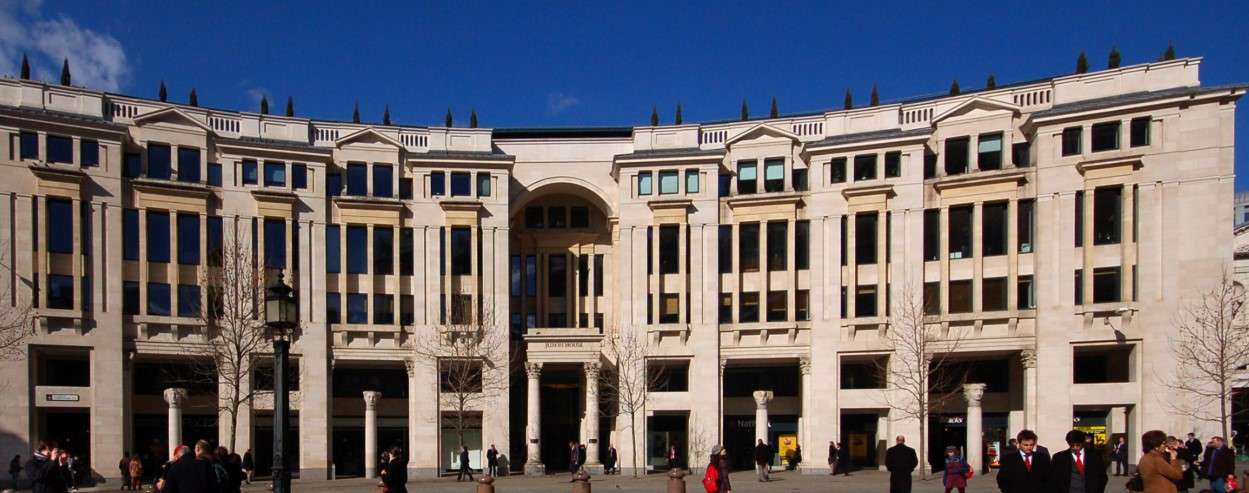Phoenix Group to Slash Emissions of £250 Billion Investment Portfolio in Half by 2030
Long-term savings and retirement business Phoenix Group announced today new interim carbon intensity reduction goals for its investment portfolios, targeting a 25% cut by 2025, and 50% by 2030.
The 2030 goal encompasses all assets at a Group level where Phoenix can exercise control and influence, representing assets of £250 billion, including £160 billion invested in pension funds, spanning customers Standard Life, Phoenix Life and Reassure.
According to Phoenix Group, the new targets form part of the pathway towards achieving its long-term commitment, announced late last year, to reduce the emission intensity of its investment portfolios to net zero GHG emissions by 2050.
Andy Briggs, Group CEO of Phoenix Group, said:
“At Phoenix Group we have set an ambition to lead the way on Responsible Investment and to drive forward action to support the transition to a zero carbon economy. Setting interim near term targets is an important milestone on our journey to our investments becoming net zero by 2050 or earlier, to which I am personally committed. Within this, some £160bn of assets invested for our pension customers are going on that journey with us.
More recently, the company sent a letter to its asset management partners, outlining the firm’s expectations for the managers on issues including ESG integration, portfolio decarbonization and stewardship activities, strongly encouraging managers to set their own net zero commitments, and to provide disclosures in line with TCFD recommendations. Phoenix stated that it will only partner with investment organisations that are similarly committed to achieving positive change.
Briggs added:
“With just 20% of the world’s largest public companies having committed to net zero targets, and only a quarter of these pledges passing basic robustness tests, we are encouraging others to take action and set near term targets in line with the climate science too. We will be working with partners in the financial ecosystem and the many companies we invest in to encourage wider uptake of robust net zero aligned pledges and plans.”





